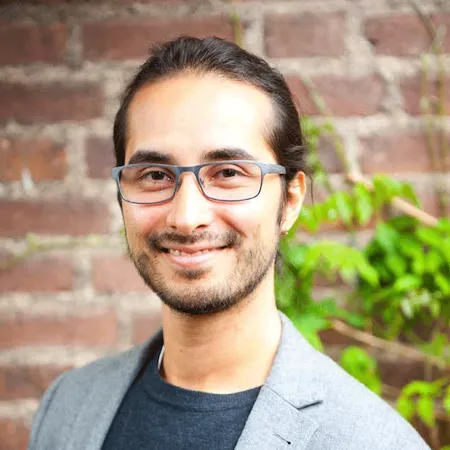Critical transitions in nature and society are likely to occur more often and severe as humans increase they pressure on the world ecosystems. Yet it is largely unknown how these transitions will interact, whether the occurrence of one will increase the likelihood of another, and whether these potential teleconnections (social and ecological) correlate critical transition in distant places. Here we present a framework for exploring three types of potential cascading effects of critical transitions: forks, domino effects and inconvenient feedbacks. Drivers and feedback mechanisms are reduced to a network form that allow us to explore drivers co-occurrence (forks). Sharing drivers is likely to increase correlation in time or space among critical transitions but not necessarily interdependence. Domino effects occur when the feedback processes of one regime shifts affect the drivers of another, creating a one way dependence. Inconvenient feedbacks were identified by mapping new circular pathways on coupled networks that have not been previously reported. The method serves as a platform for hypothesis exploration of plausible new feedbacks between critical transitions in social-ecological systems; it helps to scope structural interdependence and hence an avenue for future modeling and empirical testing of regime shifts coupling.
Presenters

Juan Rocha
Dr. Juan C. Rocha is a research scientist at the Stockholm Resilience Centre where he co-leads the theme on complex systems. His research questions are oriented to understanding critical transitions: from regime shifts in ecological systems, to collective action in society. Currently, he is focusing on the idea of cascading effects: how a critical transition in an ecosystem in the world can impact the likelihood of other ecosystems tipping over. Juan is interested in methods for identifying resilience surrogates—good observables that can tell you how resilient is a system. He finds inspiration...

Juan Rocha
Dr. Juan C. Rocha is a research scientist at the Stockholm Resilience Centre where he co-leads the theme on complex systems. His research questions are oriented to understanding critical transitions: from regime shifts in ecological systems, to collective action in society. Currently, he is focusing on the idea of cascading effects: how a critical transition in an ecosystem in the world can impact the likelihood of other ecosystems tipping over. Juan is interested in methods for identifying resilience surrogates—good observables that can tell you how resilient is a system. He finds inspiration in complex systems science, the use of mathematical models, networks and other computational methods to understand social and ecological complexity.